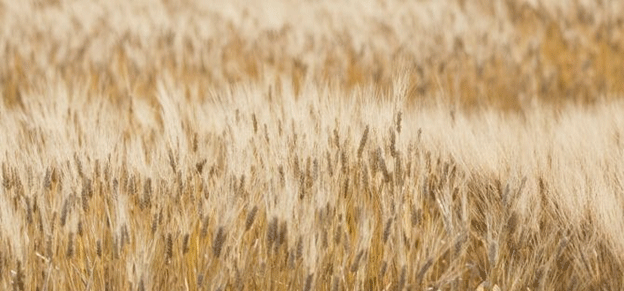Wheat is one of the world’s most widely grown and consumed crops, providing essential nutrients to millions. However, it is highly vulnerable to various diseases, particularly fungal infections like septoria, caused by the pathogen Zymoseptoria tritici (Z. tritici). This fungal disease severely impacts wheat’s ability to photosynthesize, leading to yellowing, speckling, and the formation of dead patches on leaves, which can drastically reduce crop yields. In light of this challenge, scientists at Heriot-Watt University in Edinburgh are delving into the genetic makeup of wheat to identify and potentially harness genes that could naturally bolster resistance to this disease.
According to Dr. Angela Feechan, a plant pathologist at Heriot-Watt’s Institute for Life and Earth Sciences, the research team suspects that very subtle genetic differences among wheat varieties could influence whether a plant can resist septoria infection. “If we can find the genetic differences that confer resistance, these genes could be used in breeding programs to develop resilient wheat varieties for the field,” Dr. Feechan explained.
To carry out this research, the team is studying a diverse collection of 300 wheat varieties maintained by INRAE, the National Research Institute for Agriculture, Food, and Environment in France. With the help of Dr. Debabrata Dutta, a plant biology specialist who recently joined Heriot-Watt, the team is analyzing how specific genetic variations impact the plant’s response to septoria infection. Unlike genetic modification, this approach seeks to enhance resistance by leveraging the wheat’s existing genetic diversity, allowing for natural breeding methods that can be applied in sustainable agriculture.
In the UK alone, wheat is a significant crop, with 14 million tonnes produced in 2023. Scotland contributes notably to this output, producing over 980 thousand tonnes of wheat in the same year, making up about one-third of its total cereal production. Protecting wheat crops from diseases like septoria not only supports local farmers but also has implications for global food security. Data from the United Nations World Food Programme show that over 300 million people in 71 countries are currently facing hunger, exacerbated by food insecurity. Boosting the resilience of staple crops like wheat is therefore critical in addressing this issue.
The study at Heriot-Watt is funded by a postdoctoral fellowship from the UK Research and Innovation (UKRI), demonstrating the national commitment to innovative agricultural solutions. By focusing on improving crop resilience through natural genetic variation, this research could help farmers worldwide reduce crop losses due to fungal diseases, improve yields, and contribute to a more stable global food supply.
The work being undertaken at Heriot-Watt University marks a significant advancement in the pursuit of disease-resistant wheat varieties. By pinpointing genetic differences that influence septoria resistance, scientists hope to equip farmers with wheat crops that are better prepared to thrive despite disease pressures. As the world faces growing challenges related to food insecurity, the development of naturally resilient crops could play a critical role in creating sustainable agricultural systems. This research underscores the importance of harnessing genetic diversity within crops to build a stronger and more secure food future.
Error




